Barbara Walters: A Reflection
On December 30, 2022, America said goodbye to Barbara Walters, a world-renowned broadcast journalist, and television personality.
Not many people can say they spent 64 years in the television industry, interviewed every US president from Nixon to Obama, and captured the life stories of A-list celebrities, and notorious murderers. Just as few can say they won 12 Emmy awards and created groundbreaking television programs.
However, Barbara Walters could.
With a career that spanned 5 decades (1951-2015), Walters gave the world some of the most iconic interviews that television had ever seen. Walters was a revolutionary. She changed the way America saw public figures for better or worse.
We can learn a lot from Barbara Walters' groundbreaking career, both from her achievements as well as her mistakes. Here are some of the greatest lessons she’s been able to teach us all:
Background
Childhood
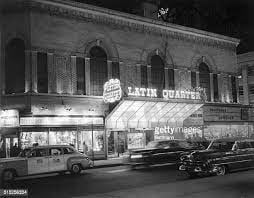 Getty Images
Getty Images
Barbara Walters was born on September 25, 1929, in Boston. Her father was in show business and owned several Latin Quarter Nightclubs. Walters was given a unique opportunity: to meet and befriend many famous people who frequented the clubs. This is where she learned an important lesson: celebrities were human beings. “They could bleed, they had a dark side, children they didn’t see, divorces…”
From a young age, she became all too familiar with the dark side of show business. Her father was a gambler, and when he lost everything her family went from living in penthouse suites to poverty.
She grew up with a disabled sister, Jackie, who she spent much of her life caring for. Living with Jackie made her a more empathetic person.
Career
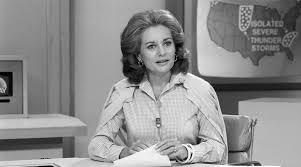 Jewish Telegraphic Agency
Jewish Telegraphic Agency
Walters began as a writer and reporter in 1961 for NBC’s Today Show. By 1976, she broke barriers as she was named the first female anchor on the ABC evening news program (also the highest-paid news anchor with a million-dollar salary). At ABC, Walters launched “The Barbara Walters Special” and “10 Most Fascinating People. In 1984 she became co-host of 20/20. In 1997 she created her own talk show, the View, where a diverse panel of women discusses current events. Within these programs, she conducted her legendary interviews.
The Interviews
Walters sought to do something different in her interviews. She dared to ask questions no one else would. She revealed that the most powerful and glamorized individuals were human beings, with emotions, problems, and insecurities. Her interviews were powerful and transformational, and she was known for often bringing people to tears.
Walters’ infamous interview questions:
What is the biggest misconception people have about you?
Do you have a philosophy by which you live?
What is the best time in your life and what is the worst?
Finish this sentence: (name of interviewee) is?
Still, Walters was criticized for invasive questions and chastisement of public figures. She exposed people in ways that hurt their public image. She revealed things about them that the public had never witnessed. She was also criticized for simultaneously interviewing both pop culture icons and politicians, and people weren’t too accepting of the ‘conversational’ interview style that she introduced the world to.
Positive Lessons We Can Learn
Dare to Defy Boundaries
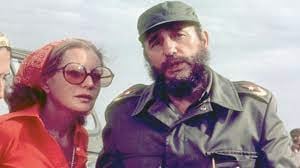 Walters with Fidel Castro, Variety
Walters with Fidel Castro, Variety
As a woman in the industry, she was discouraged from taking herself or her stories too seriously. but she did both regardless. Barbara Walters was always after the big story. She traveled to the Middle East, Cuba, and Libya and sat down with Dictators and foreign leaders. She spent nearly a week with Fidel Castro. Her interview with Vladamir Putin was the first time he’d ever agreed to sit down with an American journalist. She made history when she convinced two rival leaders, the Israeli Prime Minister and President of Egypt, Menachem Bagan & Anwar Sadat to sit down together peacefully in 1977.
Have Compassion
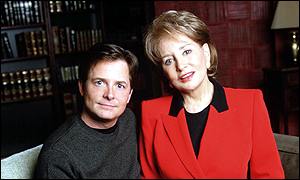 Walters with Michael J. Fox, BBC News
Walters with Michael J. Fox, BBC News
Walters interviewed many people with disabilities or diseases that were little understood. She sat with an AIDS baby when people were afraid to go near AIDS patients. She shed light on Parkinson’s with her interview with Micheal J. Fox. She was also the first to bring transgender people into the public eye. Her interview with Chris Reeves after his paralysis demonstrates her ability to “know when to speak up and when not to.”
She sat down with people others wouldn’t dare look in the eye, like Mark David Chapman who killed John Lennon, and the Menendez brothers who had killed their parents.
Mistakes We Can Learn From
Don’t Be Too Pushy
 Walters with Ricky Martin, Music Feeds
Walters with Ricky Martin, Music Feeds
Sometimes Walter’s persistence forced her interviewees to share things they weren’t ready to share with the public. She was relentless when questioning Ricky Martin’s sexuality to the point where he felt violated. He wasn’t ready to come out. It wasn’t the right time. In regards to coming out, Martin says, “If you have an egg and you open it from the outside, only death comes out. But if the egg opens up from the inside, life comes out."
Don’t Cast Harsh Judgment
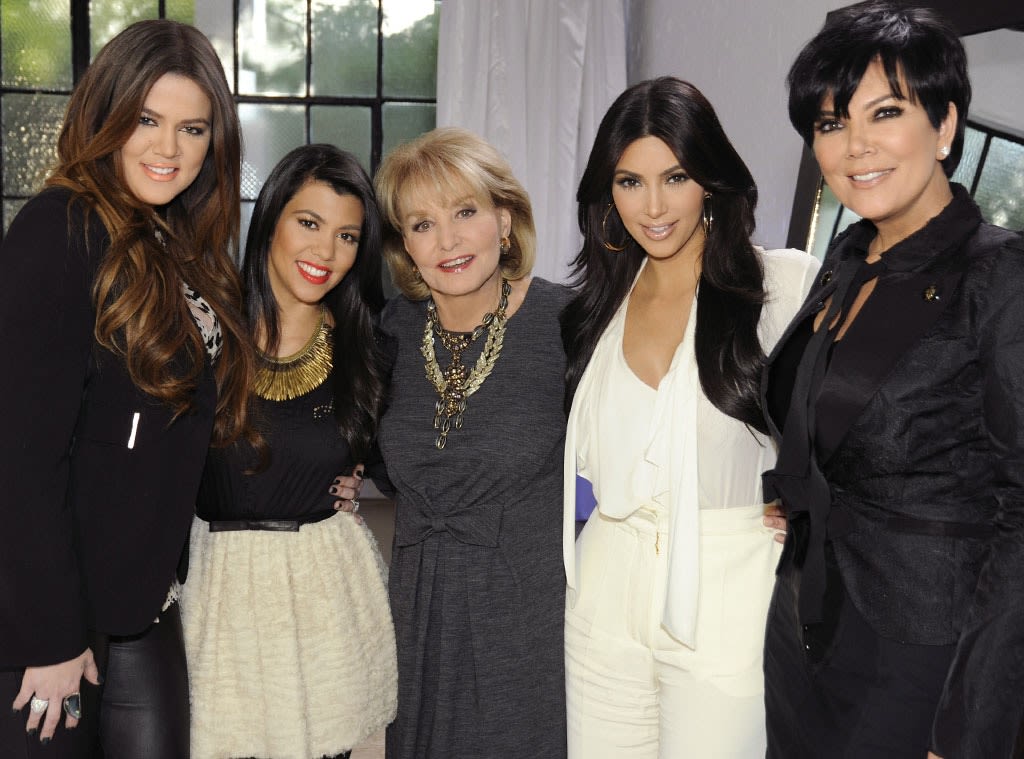 Walters with the Kardashians, Eonline
Walters with the Kardashians, Eonline
Walters’ brutal honesty could also be perceived as outright cold. She’s criticized for telling the Kardashians they have no talent as well as commenting on New Jersey Governor Chris Christie’s obesity. She also scolded Monica Lewinsky for her affair with President Clinton but dismissed an account of sexual assault shared by Bette Midler.
Final Thoughts
Barbara Walters changed the story for women in tv journalism. She taught important lessons in defying boundaries, asking deeper questions and having empathy for others. At the same time, she taught us what can happen if we push too much or let our own opinions steal the show.
We owe a lot to Barbara Walters. She will be missed, but her legacy will live on in the aspiring women who seek to pave the way for future generations.
Finish this sentence in the comments below: Barbara Walters Is…
